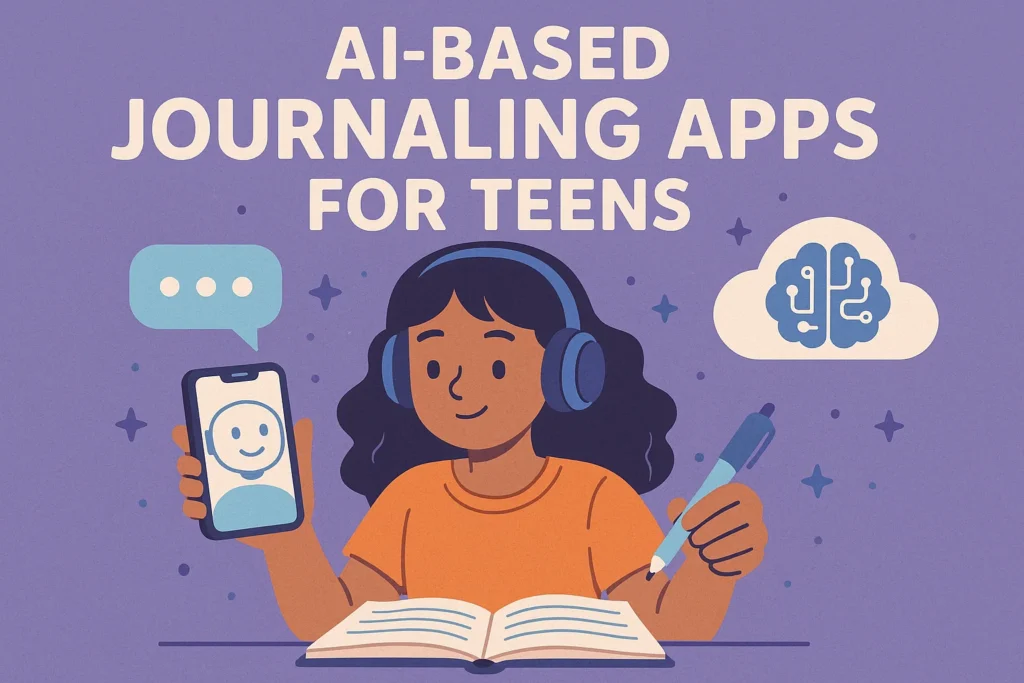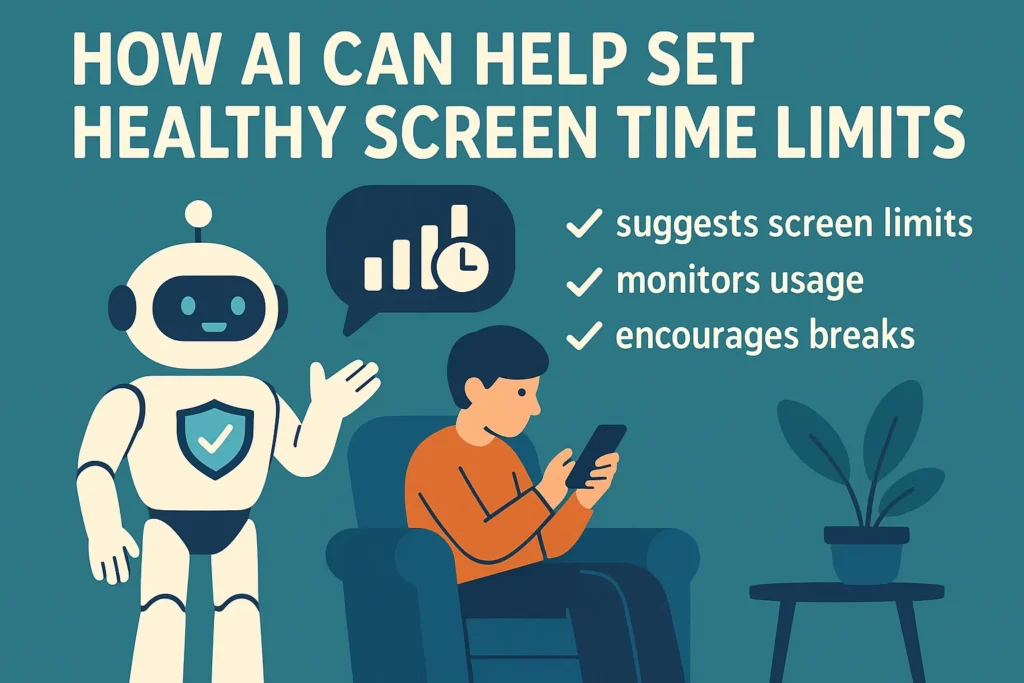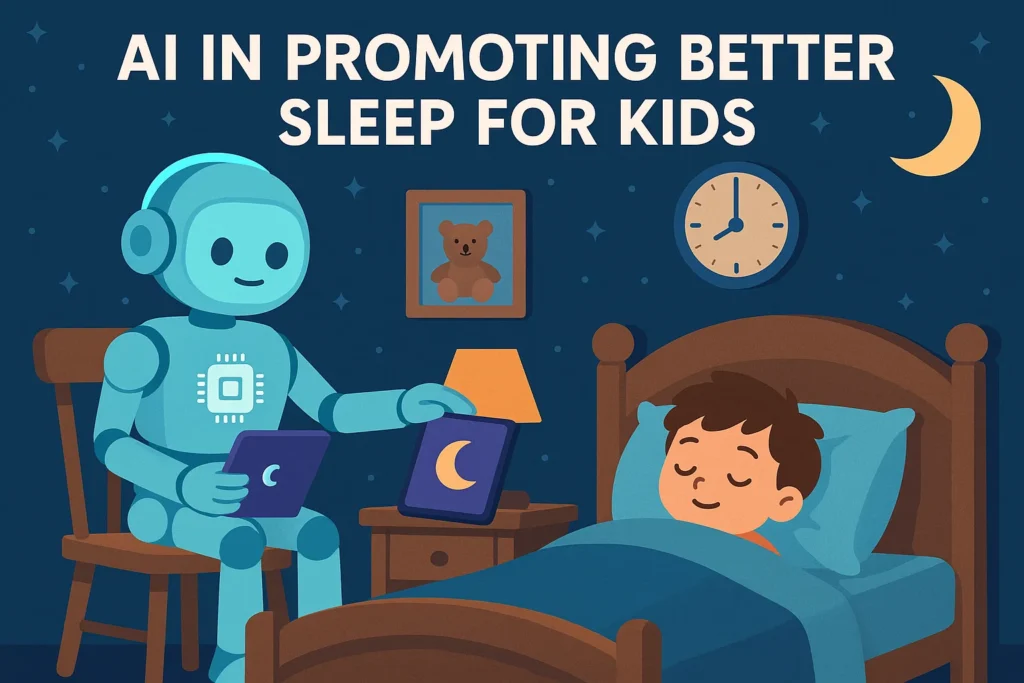📌 Introduction
Journaling has always been a powerful way to express emotions, manage stress, and reflect on personal growth. Today, AI-based journaling apps for teens are making this practice smarter and more interactive. These apps analyze mood, suggest prompts, and even provide personalized insights. At AiBlogQuest.com, we explore how AI journaling tools are helping teens open up, stay mindful, and track their emotional wellbeing.
✅ 7 Benefits of AI-Based Journaling Apps for Teens
-
Mood Tracking with AI
AI detects emotional patterns through word choice and tone, giving teens feedback on their daily mood. -
Smart Writing Prompts
These apps generate personalized prompts to help teens start writing when they don’t know what to say. -
Emotional Insights
AI highlights recurring themes like stress, anxiety, or gratitude to improve self-awareness. -
Mental Health Monitoring
By analyzing writing habits, apps can alert users to potential signs of depression or burnout. -
Safe Emotional Outlet
Teens can share feelings privately with an AI journal without judgment. -
Habit Building
AI reminders help teens develop a consistent journaling habit, improving long-term wellbeing. -
Personal Growth Visualization
Some apps show progress graphs, helping teens see how their thoughts and emotions evolve over time.
🌱 Why Journaling Matters for Teens
Adolescence is filled with emotional ups and downs. Journaling supported by AI gives teens a safe space to process feelings, making it easier to recognize and manage emotions early.
🚀 The Future of AI Journaling
In the future, AI-based journaling apps for teens may integrate with wearables and mental health platforms, giving parents and therapists deeper insights into emotional wellbeing while still respecting privacy.
🔗 Useful Links – AiBlogQuest.com
❓ FAQ
Q1: Are AI-based journaling apps safe for teens?
Yes, most apps use privacy protections, and data stays secure within the app.
Q2: Can AI replace a therapist?
No, these apps are supportive tools, not substitutes for professional help.
Q3: Do these apps work offline?
Some journaling apps allow offline entries and sync once connected.
Q4: How often should teens use journaling apps?
Even 5–10 minutes daily can improve self-expression and mental clarity.



